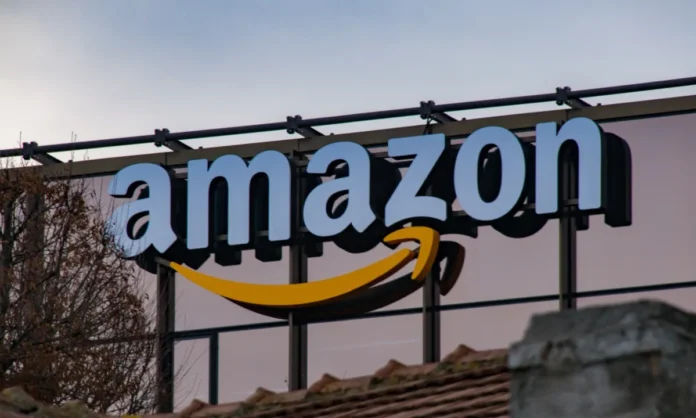Amazon sellers are facing serious challenges as rising tariffs on Chinese goods impact their businesses. For years, many sellers relied on Chinese manufacturers for products. However, the recent increase in tariffs under the Trump administration has put financial pressure on them.
Aaron Cordovez, co-founder of Zulay Kitchen in Florida, explained how the tariffs are affecting his company. “We are working as fast as we can to move production to markets like India and Mexico, where tariffs are much lower,” Cordovez said. Still, he noted the transition would take at least one to two years. In the meantime, Zulay Kitchen raised prices on some products, such as milk frothers and kitchen strainers. For example, the price of a popular kitchen strainer increased from $9.99 to $12.99.
Other Amazon sellers face similar struggles. A study by SmartScout, an e-commerce software company, tracked 930 products on Amazon. It found that prices rose by an average of 29% across various categories, including clothing, electronics, and household items.
Amazon responded to these claims, stating that the price increases reflect a small fraction of all products listed. An Amazon spokesperson said, “We haven’t seen significant fluctuations in average selling prices outside of regular market trends.”
The impact of the tariffs is clear. Many sellers, especially those relying on Chinese manufacturing, face difficult decisions. They either raise prices or absorb the higher costs, which is not sustainable for businesses operating with slim margins.
As tariffs on Chinese imports reach as high as 145%, sellers must adjust. Zulay Kitchen, for example, has no choice but to raise prices. However, other businesses, like Pure Daily Care, are spreading out price hikes to avoid losing sales or damaging their rankings on Amazon’s platform.
The trade war has created uncertainty for Amazon’s third-party marketplace, which accounts for about 60% of its total online sales. With tariffs continuing to rise, it remains to be seen whether the U.S. and China will reach an agreement to lower the tariffs.
For more business updates, visit DC Brief.


